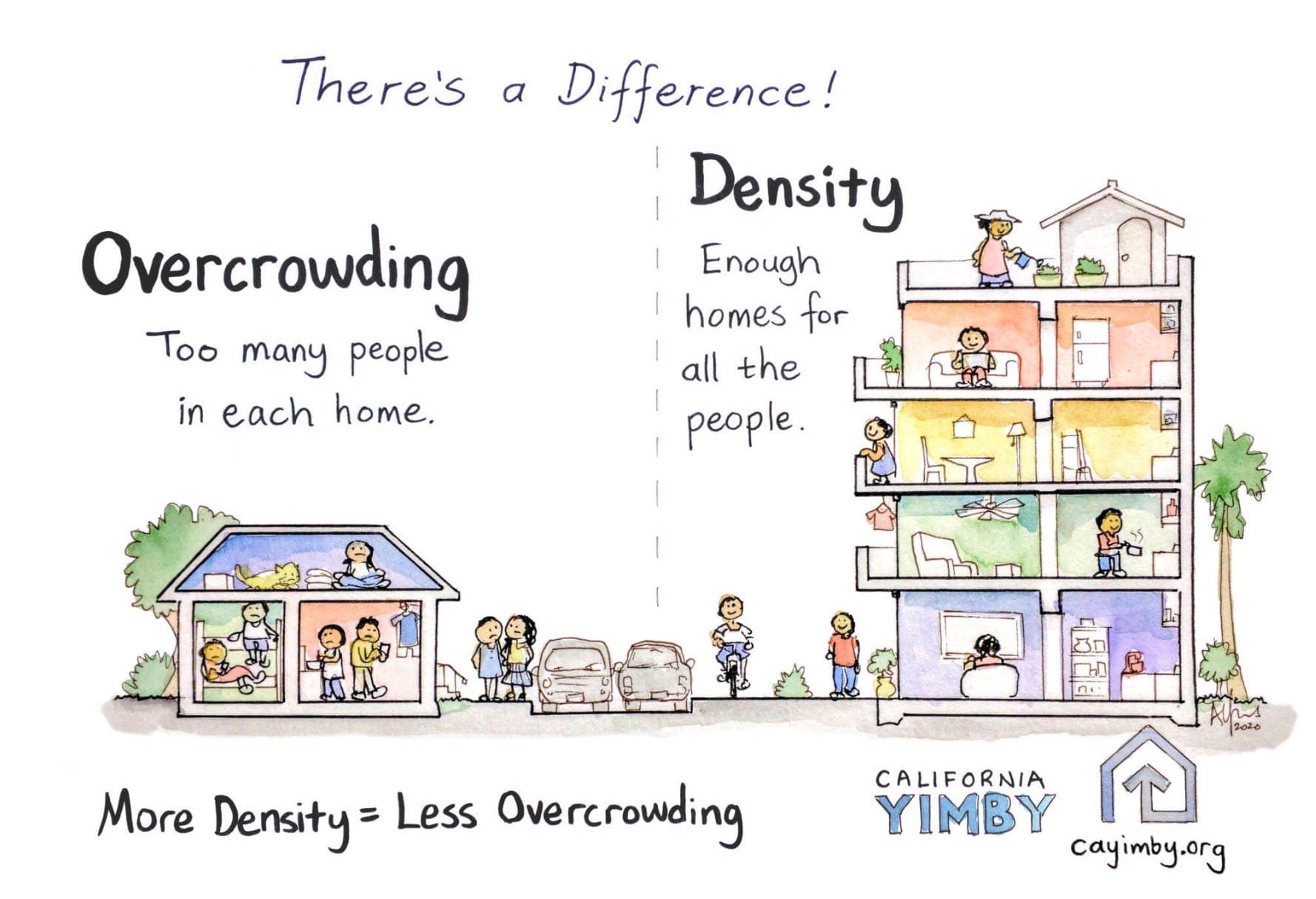Matthew Yglesias Highlights 'Build Elsewhere' Stance as Core of NIMBYism in Housing Debates

Prominent journalist and blogger Matthew Yglesias recently took to social media to articulate his view on the fundamental nature of "Not In My Backyard" (NIMBY) opposition to housing development. In a tweet, Yglesias asserted that such resistance is often a literal interpretation of the term, rather than a deeper ideological position.
"I think it's important to understand that most NIMBYism really is literally NIMBYism and not some galaxy brain Marxist geographer stuff. He would love to build more housing somewhere else!" Yglesias stated in his post. This perspective suggests that opponents are primarily concerned with localized impacts and would prefer new construction to occur outside their immediate vicinity.
Yglesias is a known advocate for the "Yes In My Backyard" (YIMBY) movement, which champions policies aimed at increasing housing supply and reducing restrictive zoning regulations. The YIMBY philosophy posits that greater housing density is crucial for addressing affordability crises in urban areas, a stance Yglesias frequently explores in his writings.
Common objections cited by NIMBYs, such as concerns over increased traffic, parking scarcity, and changes to neighborhood character, are often seen by YIMBY proponents as immediate, self-interested reactions. Yglesias argues that these local concerns, while understandable, often overshadow the broader societal benefits of increased housing availability.
Economic research frequently supports the YIMBY position, indicating that an abundant housing supply can lead to reduced housing costs and a decrease in homelessness. Advocates for greater density believe that overcoming local opposition is essential for creating more affordable and accessible cities.
To counter localized resistance, YIMBY proponents often suggest strategies like state preemption, where state-level legislation can override restrictive local zoning laws. This approach aims to shift the decision-making process to a broader level, where the collective benefits of increased housing can be prioritized over individual neighborhood concerns. The ongoing debate between NIMBY and YIMBY forces continues to shape urban planning and housing policy discussions across the nation.